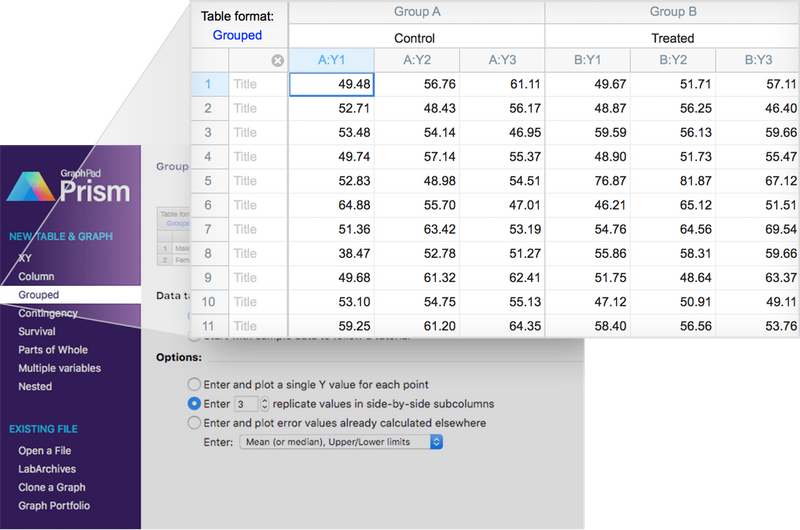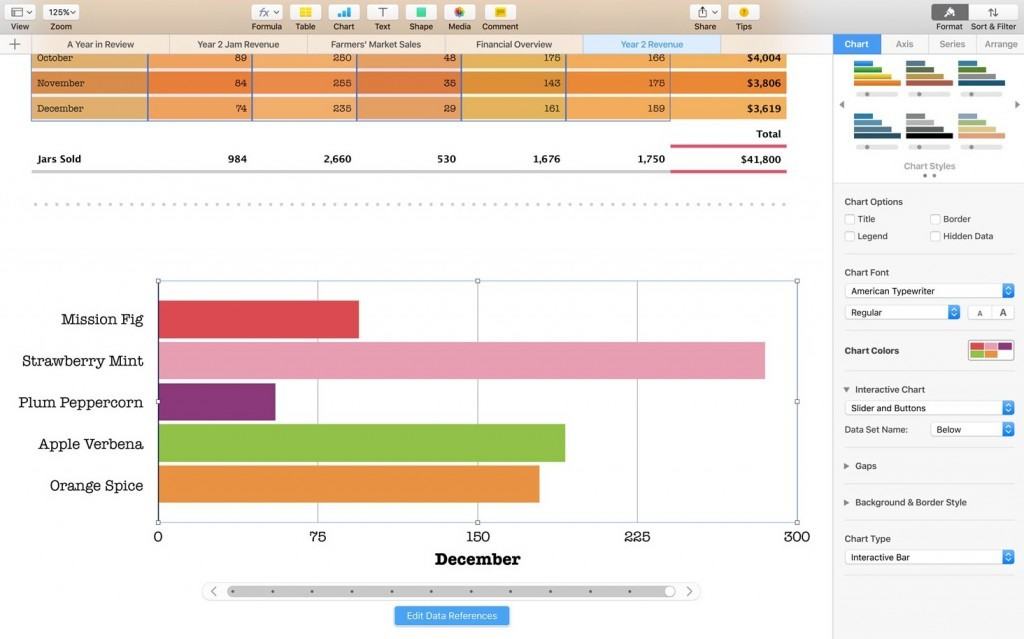Text Analysis Software Free trial download. For Mac and Windows. You’ve been collecting text data – now put it to good use. Don't limit yourself to structured data analysis when you can start analyzing the unstructured text your organization already collects. Scientists, engineers and other data explorers accumulate plenty of unstructured text. Content Analysis Tool refers to a general set of techniques useful for analysing and understanding collections of text. 28+ FREE ANALYSIS Templates - Download Now Adobe PDF, Microsoft Word (DOC), Microsoft Excel (XLS), Google Docs, Apple (MAC) Pages, Google Sheets (SPREADSHEETS). RDQA is a R package for Qualitative Data Analysis, a free (free as freedom) qualitative analysis software application (BSD license). It works on Windows, Linux/FreeBSD and Mac OSX platforms. RQDA is an easy to use tool to assist in the analysis of textual data. At the moment it.
RDQA is a R package for Qualitative Data Analysis, a free (free as freedom) qualitative analysis software application (BSD license). It works on Windows, Linux/FreeBSD and Mac OSX platforms. RQDA is an easy to use tool to assist in the analysis of textual data. At the moment it only supports plain text formatted data. All the information is stored in a SQLite database via the R package of RSQLite. The GUI is based on RGtk2, via the aid of gWidgetsRGtk2. It includes a number of standard Computer-Aided Qualitative Data Analysis features. In addition it seamlessly integrates with R, which means that a) statistical analysis on the coding is possible, and b) functions for data manipulation and analysis can be easily extended by writing R functions. To some extent, RQDA and R make an integrated platform for both quantitative and qualitative data analysis.
Mac reminders app on desktop. Through the GUI, RQDA can:
Content Analysis Software Free Mac Software
Through R functions, it can:

You can use help(package='RQDA') to see more functions of the RQDA package.

For non-R-users who use Windows, you can download a rar file from Baidu Yun Pan, extract it to, say, c:. Then you can launch the RQDA by double clicking the RQDA.bat file. This instruction has been tested on OS X EI Capitan (2016/06/23).
Old instruction for Yosemite users.
User contributed documentation
I have put a lot of effort in this project. I appreciate if you can cite this software in your research. You can use citation('RQDA') to get this citation.
HUANG Ronggui (2016). RQDA: R-based Qualitative Data Analysis. Mac app for making graphs. R package version 0.2-8. http://rqda.r-forge.r-project.org/
RQDA 0.2-8 is released on CRAN (2016-12-12). The most important changes include profile matrix (Kuckartz, 2014) and Portuguese translation, among others. Unfortunately, this release is not compatible with RSQLite 1.1.0, which means that you need to downgrade RSQLite to 1.0.0 to make RQDA works properly. This problem will be fixed in development version on GitHub.
RQDA 0.2-5 is released on CRAN (2014-03-26). This update is in compliance with CRAN policies, but has no significant new features. JRE is required to used rjpod enhancement.
Content Analysis Software
RQDA 0.2-3 is released with several new features (2012-12-12).
rmmseg4j 0.1-0 is released to CRAN (2012-06-18)
RQDA 0.2-2 is now on CRAN (2011-12-27)
Two new packages (rsmartcn, rmmseg4j) have been added, which segment Simplified Chinese into words seperated by space.
RQDA 0.2-1 is now on CRAN (2011-09-10)
Content Analysis Software Free Mac Download
RQDA 0.2-0 is now on CRAN (2010-10-20)
RQDAtm 0.1-0 works now. It bridges RQDA and tm (rev 313) (2010-04-26).
RQDA 0.1-9 is now on CRAN (2010-02-28). There is a bug, and the solution is here.
RQDA 0.1-8 is now on CRAN (2009-09-20)
RQDA 0.1-7 is now on CRAN (2009-04-28)
RQDA 0.1-6 is now on CRAN (2008-12-30)
RQDA has been actively developed. You can click here to see the new features. There are few known-bugs, click KnownBugs for details.
Main windows under Vista and under Debian Linux
Reading File
File Memo
File Categories window under Vista and Debian Linux
Codes list window under Vista and under Debian Linux
Code Categories window under Vista and Debian Linux
Coding
Retrieval
Cases window under XP and under Debian Linux
Attributes window under Debian Linux
Journals window under Debian Linux
Settings window under XPand under Debian Linux
IPv6: IPv6 address of your video monitoring devices. Cms dvr software for mac free download.
All-in-one Content Analysis Software
Developed by and for researchers
Take your qualitative content analysis to the next level with MAXQDA
Content Analysis Definition
PURCHASEFREE TRIALMAXQDA …
- State-of-the-art content analysis software. Easily analyze all your research data: text documents, interviews, transcripts, surveys, images, social networks, and more
- Wide range of visualization tools: word clouds, document comparison charts, concept maps, and more
- Offers quantitative content analysis and mixed methods analysis tools
- Easy to use thanks to its user-friendly interface. We also offer a wide range of free video tutorials and other learning materials ideal for new users
- 100% identical on Windows and Mac
Free MAXQDA Trial for Windows and Mac
Word Analysis Software
Download our free and fully functional trial version and try MAXQDA with your own research data – or use the included example projects. Once you’ve filled out the form below you’ll receive an e-mail with the download link and free learning resources like our video tutorials and manuals.
Core features of MAXQDA for Content Analysis
All-in-one Content Analysis Software
Content Analysis Software Free Mac Free
Use MAXQDA to manage your entire research project. Easily import data from texts, interviews, focus groups, PDFs, web pages, spreadsheets, articles, e-books, and even tweets.
Organize your data in groups, link relevant quotes to each other, and share and compare work with your team members. Your project file stays flexible and you can expand and refine your category system as you go to suit your research.
Paraphrasing
Summarize material in your own words with MAXQDA’s handy paraphrase mode and display them directly adjacent to the text. You can also use your paraphrases for inductively forming new categories for your material.
Search keywords in your content
Search for keywords in your data, memos and coded segments and use MAXQDA to automatically code them. Make use of the advanced search functions that offer you everything you might expect from professional content analysis software – and with the integration of retrieval and lemma functions, Boolean operators and wildcards, probably a little more.
Summarize your content
With our summary grids and summary tables, you can keep summaries of which codes and variables appear in each respective project or document: another level of analysis which means you’ll never lose track of the bigger picture.
Find connections in your data
The activation system for retrieving data segments is surprisingly simple and easy to use. But there’s more that meets the eye: our advanced retrieval gives you a total of 9 further options for finding connections in your data.

MAXDictio for Quantitative Content Analysis
Content Analysis Template
Use the tools offered by MAXDictio, our module for quantitative content analysis, for an even deeper analysis. You can display frequencies of individual words or word combinations in tables or visualize them in the Interactive Wordtree. Use the Keyword-in-Context function to transfer the textual contexts of selected words into a clear table.
Visualization
Whether for your analysis or publication, MAXQDA’s visual tools are tailor-made for qualitative research. Visualize the progression of an interview with the Codeline or use the Code Cloud to illustrate and explore your categories. Of course, MAXQDA offers many more visualization tools for every purpose.